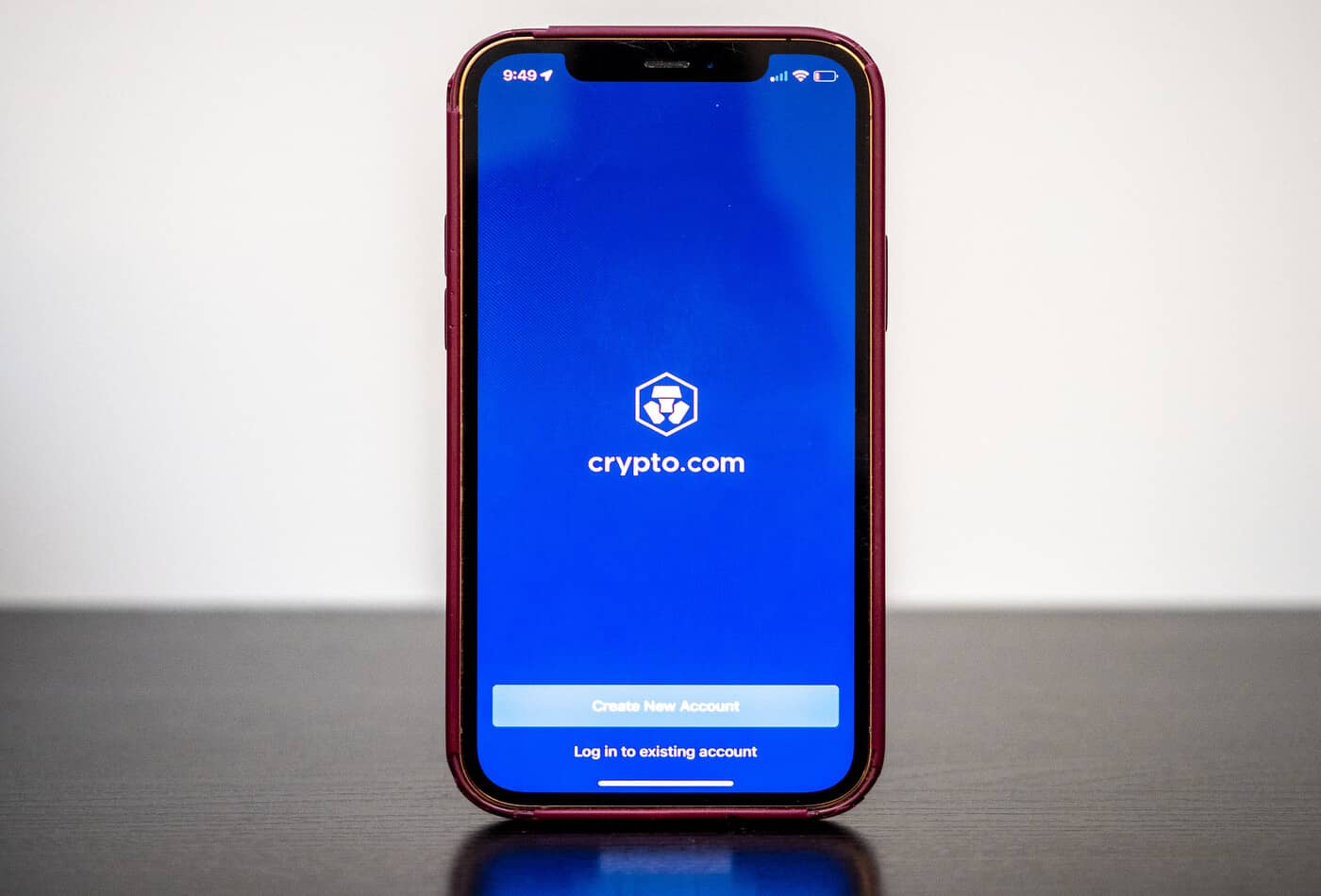
Singapore-based crypto exchange Crypto.com has postponed its market entry into South Korea due to regulatory concerns. South Korea’s Financial Intelligence Unit (FIU), overseen by the Financial Services Commission (FSC), found Anti-Money Laundering (AML)-related problems in the data submitted by the exchange and launched an “emergency on-site inspection” to monitor the crypto.com’s activities.
An official representing the FSC told local media Segye Ilbo:
“We found concerns related to the prevention of money laundering activities in the submitted materials.”
On April 2, Crypto.com revealed its plan to launch a trading platform in South Korea, which hosts one of the largest crypto markets in the world. The planned launch on April 29 has been deferred due to regulatory concerns, allowing the exchange to address and clarify its compliance strategies with regulatory bodies. It did not reveal a new launch date.
A Crypto.com spokesperson told The Block:
“We will postpone our launch and take this opportunity to make sure Korean regulators understand our thorough policies, procedures, systems and controls.”
Furthermore, the spokesperson emphasized that Korea is a difficult market for international exchanges seeking entry. However, the company is committed to working with regulators to advance the industry responsible for Koreans.
Crypto.com obtained a domestic virtual asset business license (VASP) in South Korea in 2022 after acquiring a local crypto exchange named OKBit. Since acquiring OkBit, Crypto.com has not onboarded any new customers in Korea. As per the spokesperson, OkBit maintained about 900 users at the point of acquisition by Crypto.com. Moreover, it has never reported any Anti-Money Laundering (AML) violations.
Regulatory Changes in South Korea’s Crypto Landscape
South Korea, a country where approximately one-tenth of the population invests in crypto, has stringent regulations governing crypto exchanges. Authorities have planned to prohibit listing digital assets with hacking incidents on domestic exchanges. This prohibition will remain unless the root cause is thoroughly determined through new guidelines in the near future.
The upcoming regulations will also require issuers of “foreign” virtual assets to publish a white paper before entering. However, tokens listed on a licensed exchange for more than two years may be exempt from meeting these new standards. If token issuers don’t share important information properly, authorities will delist them from exchanges.








